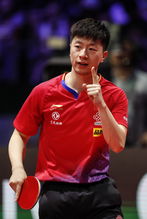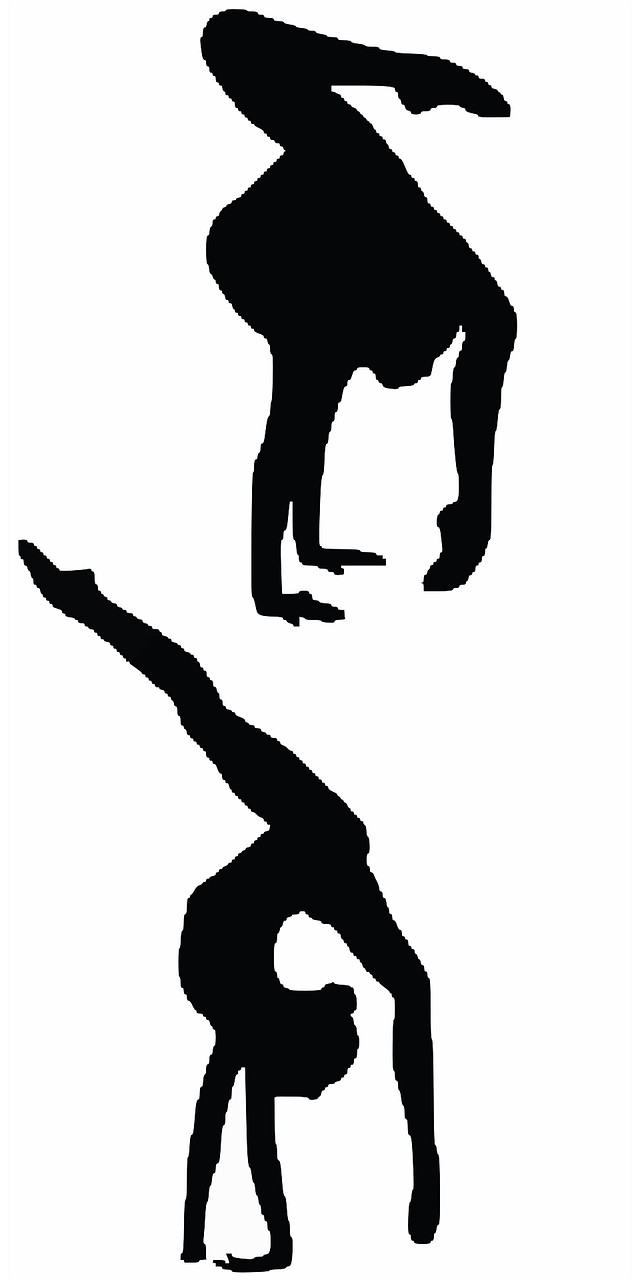采访乒乓球的记者
Title: Interview with a Ping Pong Translator
As an international sport, ping pong is played and loved by people all around the world. In order to facilitate communication between players and coaches from different countries, ping pong tournaments often employ translators to bridge the language barrier. Today, we have the pleasure of interviewing a ping pong translator and learning more about their role in the sport.
Q: Can you tell us a little bit about your job as a ping pong translator?
A: Sure, my job is to facilitate communication between players, coaches, and officials from different countries during ping pong tournaments. This includes interpreting during press conferences, meetings, and interviews. I also help with written translations and provide cultural assistance when needed.

Q: What kind of training or qualifications are required to become a ping pong translator?
A: To become a ping pong translator, you need to have excellent language skills in both English and the language(s) of the players you will be working with. A degree in translation or a related field is also helpful, but not always required. Experience in the sports industry and knowledge of ping pong terminology is also important.
Q: What are some of the biggest challenges you face as a ping pong translator?
A: One of the biggest challenges is keeping up with the speed of the game. Ping pong is a fastpaced sport, so you have to be quick on your feet and able to interpret accurately without missing any important details. Additionally, you have to be familiar with the different accents and dialects within a language, as well as the cultural nuances that may affect communication.
Q: What are some of the benefits of having a ping pong translator at a tournament?
A: Having a ping pong translator helps to break down language barriers and promote understanding among players and coaches from different countries. This can help to improve the overall quality of play and promote sportsmanship. It also helps to ensure that players and coaches are able to communicate effectively and get the information they need to perform at their best.
Q: Do you have any advice for aspiring ping pong translators?
A: My advice would be to focus on building your language skills and knowledge of ping pong terminology. You should also stay uptodate on the latest developments in the sport and be willing to adapt to the changing needs of the players and coaches you work with. Finally, always be respectful and professional in your interactions with others, and strive to promote understanding and goodwill both on and off the table.
In conclusion, ping pong translators play a crucial role in building bridges between different cultures and promoting communication in the world of sports. Through their expertise and dedication, they help to ensure that international tournaments are successful and enjoyable for players and spectators alike.








